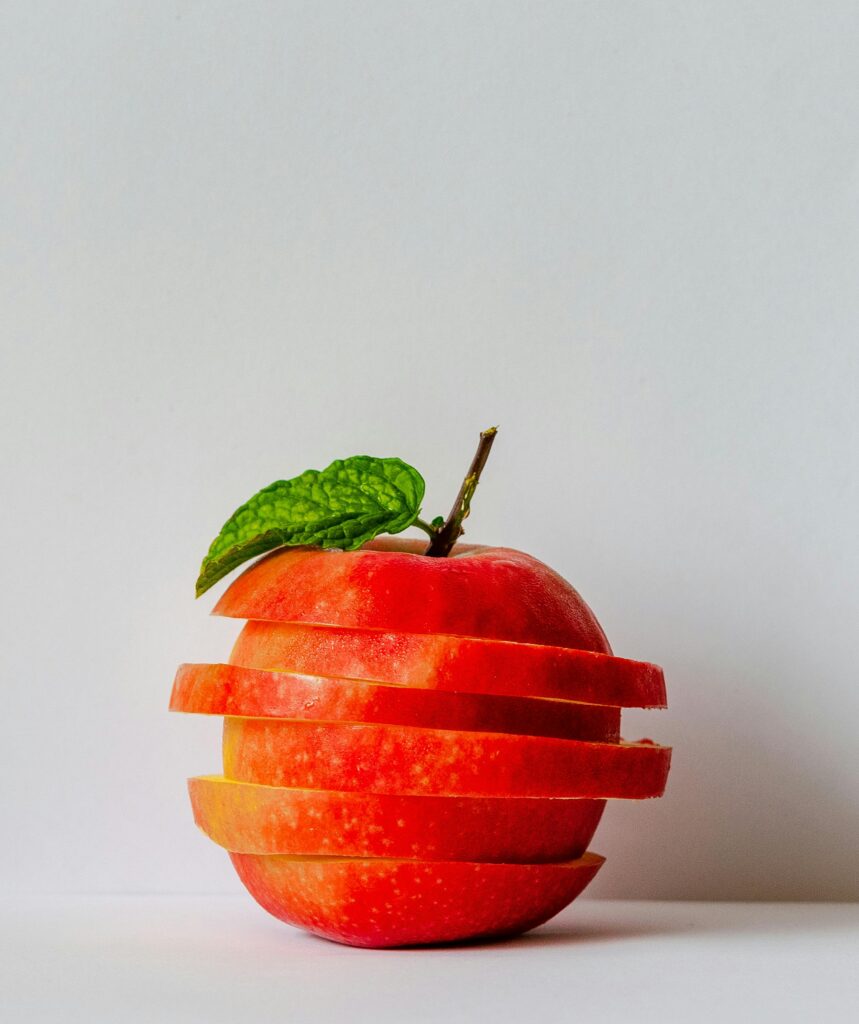How To Eat To Make Yourself Healthy
Are you tired of confusing advice about what you should or shouldn’t eat? You’re not alone. With so many diet fads, Instagram trends, and YouTube “experts,” it’s hard to know what’s real. The truth is, many common nutrition beliefs are just myths—and they could actually be holding you back from living a healthy life.
In this article, we’ll break down 4 popular nutrition myths and show you how to eat smarter, not stricter. Let’s clear the confusion and help you build a diet that works for your body and mind.
✅ Myth #1: Carbs Make You Fat
🚫 The Myth:
People often blame carbohydrates (like bread, rice, and pasta) for weight gain. Low-carb diets like keto have made many believe that eating carbs automatically leads to fat storage.
✅ The Truth:
Carbs are your body’s main source of energy. When you eat the right kind of carbs—like whole grains, fruits, and vegetables—they fuel your body without causing unhealthy weight gain.
What causes fat gain is eating too many calories, regardless of whether they come from carbs, fats, or protein. Highly processed carbs (like sugary snacks, soda, white bread) are the ones to limit, not healthy whole foods.
Smart Tip: Choose complex carbs like brown rice, oats, sweet potatoes, and quinoa. They keep you full longer and don’t spike your blood sugar.

✅ Myth #2: Eating Fat Is Bad for You
🚫 The Myth:
For years, people were told that fat is the enemy. This led to a surge in low-fat or fat-free products. But cutting out all fat is not only unnecessary—it can be harmful.
✅ The Truth:
Healthy fats are essential for your brain, heart, skin, and hormone balance. It’s all about the type of fat you eat.
Good fats include:
- Avocados
- Nuts and seeds
- Olive oil
- Fatty fish (like salmon and sardines)
Bad fats (like trans fats in fried foods, margarine, and processed snacks) are the ones you should avoid.
Smart Tip: Don’t fear fat. Add healthy fats in moderation to your meals. They can even help with weight loss by keeping you full and reducing sugar cravings.
✅ Myth #3: You Need to Detox With Juices or Fasts
🚫 The Myth:
Detox diets and juice cleanses promise to remove “toxins” from your body and boost your health. They usually involve drinking only juice or liquids for days.
✅ The Truth:
Your body already has a built-in detox system—your liver, kidneys, and digestive system. They work around the clock to remove waste and harmful substances. You don’t need expensive juices or starvation diets to be healthy.
In fact, juice cleanses often lack protein, fiber, and essential nutrients. This can leave you feeling tired, cranky, and more likely to binge later.
Smart Tip: Support your body’s natural detox by drinking enough water, eating fiber-rich foods, sleeping well, and avoiding processed junk.

✅ Myth #4: Skipping Meals Helps You Lose Weight
🚫 The Myth:
Many people think skipping meals (especially breakfast or dinner) is a fast way to lose weight. Some even believe eating less always equals better health.
✅ The Truth:
Skipping meals can backfire. It often leads to low energy, poor concentration, and binge eating later in the day. Your metabolism may also slow down if your body senses starvation.
Instead of skipping meals, focus on:
- Eating balanced meals regularly
- Choosing portion control over food restriction
- Listening to your body’s hunger cues
Smart Tip: Eat every 3–4 hours to stay energized and avoid crashes. Include protein, fiber, and healthy fat in each meal.
Top Nutrition Filled Foods for Weight Loss and Overall Health in 2025
🍎 So, What Should You Eat To Be Healthy?
Now that we’ve cleared up those myths, let’s talk about what actually works when it comes to eating for good health.
✅ A Simple, Balanced Plate Looks Like This:
- Half of your plate: Vegetables and fruits
- One-quarter: Whole grains (like brown rice or whole wheat roti)
- One-quarter: Lean protein (like lentils, chicken, tofu, eggs)
- Add a small serving of healthy fat (like olive oil, nuts, or avocado)
Drink water instead of sugary drinks, and aim for 7–8 hours of sleep per night. These habits are more powerful than any trendy detox or crash diet.
💬 Frequently Asked Questions (FAQs)
❓1. Are all carbs bad for weight loss?
No. Only refined or sugary carbs should be limited. Whole carbs like fruits, vegetables, legumes, and whole grains are nutritious and help with weight control.
❓2. Can I eat fats if I have high cholesterol?
Yes—but choose healthy fats like nuts, seeds, and fish. Avoid saturated and trans fats found in fried and processed foods. Always consult a doctor if you have medical conditions.
❓3. Do I need to buy expensive superfoods to be healthy?
No. Everyday foods like spinach, oats, eggs, dal, and bananas offer just as much nutrition. Superfoods are great, but not necessary.
❓4. Is snacking bad?
Snacking isn’t bad—mindless snacking is. Healthy snacks like fruit, boiled eggs, or nuts can keep energy levels stable between meals.
❓5. Can I lose weight without skipping meals?
Absolutely. Focus on quality and portion size, not skipping food. Eating regularly helps your metabolism and prevents overeating later.
🧠 Final Thoughts
Nutrition doesn’t have to be complicated. Forget the fads and focus on what your body truly needs—balance, variety, and consistency.
Avoid falling for myths that make food a punishment. Instead, build habits you can stick with for life. Remember: Healthy eating is not about perfection. It’s about progress.
📌 Key Takeaways
- Carbs and fats are not the enemy—processed food is.
- Detox diets are unnecessary—your body knows how to detox naturally.
- Skipping meals isn’t sustainable for long-term health or weight loss.
- Focus on real food, not restrictions.
